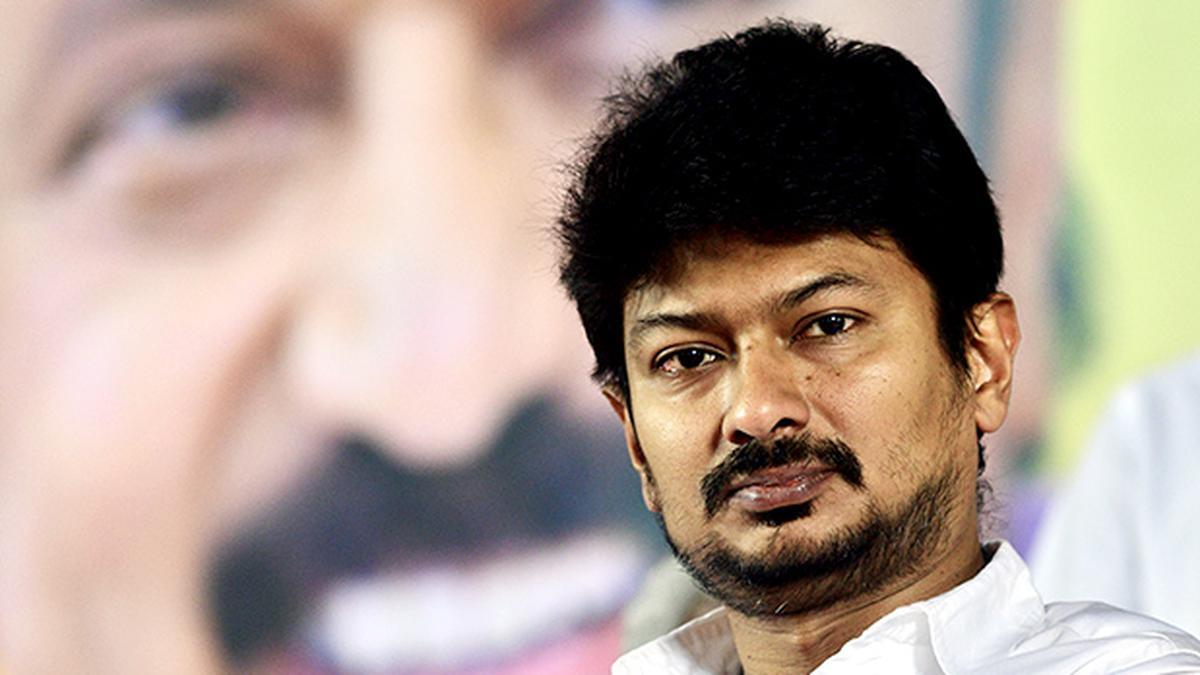In a recent development, the Madras High Court has granted an injunction restraining Udhayanidhi Stalin, a prominent leader of the Dravida Munnetra Kazhagam (DMK) party, from making defamatory allegations against former Tamil Nadu Chief Minister Edappadi K. Palaniswami.
The injunction was issued in response to a petition filed by Edappadi K. Palaniswami, a senior leader of the All India Anna Dravida Munnetra Kazhagam (AIADMK) party, who sought legal intervention to prevent Udhayanidhi Stalin from making derogatory and defamatory remarks.
The Court noted that free speech must be exercised responsibly, and making baseless allegations against public figures without substantial evidence can tarnish their reputation and cause irreparable harm. The injunction prohibits Udhayanidhi Stalin from making any defamatory statements against Edappadi K. Palaniswami in the public domain or through any medium.
This legal development has sparked a renewed debate on responsible use of freedom of expression in the political discourse, emphasizing the need for a balanced and fair discussion of issues while respecting the dignity and reputation of individuals.
As the legal proceedings continue, this case is being closely watched by political observers and the public, as it raises important questions about the boundaries of free speech and the consequences of making unsubstantiated allegations against public figures.










